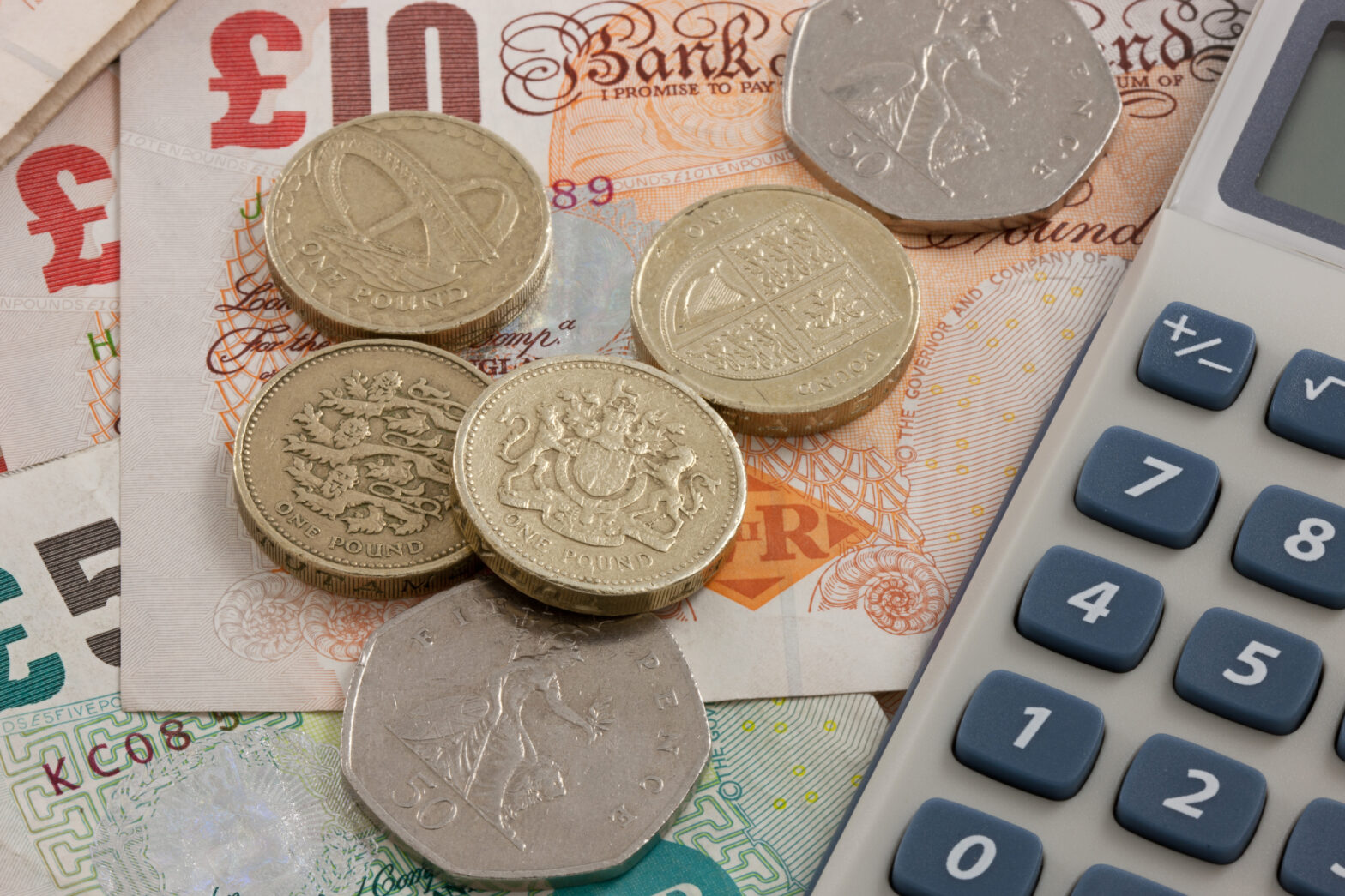You could be looking to start a business abroad for a number of reasons. You may want to reach a new market or lower your costs, for example.
Is setting up abroad right for you?
The government website advises that you should only look to start up a business abroad if you’re an experienced exporter. On the same vein, it’s not the best idea if you don’t have the ability to finance any additional costs or you’re just testing a new market to gauge its potential.
Bear in mind that, due to regulatory and cultural differences, it may not just be a case of copy and pasting your UK-based business to another country. It’s always best to do your research before you decide where you want to set up. Ireland and Netherlands are good places to start as they widely speak English and are easy to get to from the UK. Contact your local Department for Business and Trade office or the British Embassy in the country you want to set up in. They can provide more information on local culture and business practices.
It will also be helpful to get financial and legal advice from lawyers and accountants in the country where you want to set up.
Will I be able to get a loan?
Now, there is no reason in principle you cannot finance the purchase of an overseas business in the UK. The Business Banking Code says that before a bank lends you any money, they will assess whether they feel that you will be able to repay it. This will probably entail undertaking an assessment which may include the following:
- Information you give them, including information to prove your identity and why you want to borrow the money
- Your business plan and accounts
- Your business’ cashflow, profitability and existing financial commitments
- Any personal financial commitments which may affect the business
- How you have handled your finances in the past
- Information the bank gets from credit reference agencies
- Credit-assessment techniques, such as credit scoring
- Any security provided
- What ongoing information the bank expects you to provide to support the financing
In the case of starting up abroad the issue of the security you offer for the loan will probably be critical. “If you’re borrowing to build or expand your operations in another country, your bank will likely demand security that is located and accessible to them in your home territory,” Kevin Pratt, small business expert at Forbes Advisor, told Small Business. He said that if you’re looking to borrow to establish premises in France, for example, you might be asked to put up your home in the UK as a secure asset for the bank to possess should you default on the loan.
The bank will also want to know the local circumstances of the overseas business and whether local financing might be available. They will also seek information on how you intend managing and controlling the business if you are not based in the country where the business is located.
“You’ll also face greater scrutiny from the bank with regards to your understanding of local rules and regulations in your destination location – both in general commerce terms, such as employment law and the local tax regime, and with regard to your own area of operation, in terms of compliance and corporate responsibilities,” said Pratt. “In other words, you’ll need to do your homework before applying for a loan, and you’ll need plenty of evidence that you grasp what’s involved.”
Be aware that with a higher risk comes greater costs. “Any bank will consider this sort of funding to be higher risk than a standard loan. And for banks, the higher risk always equates to a higher rate of interest, so be prepared to pay more.
“If you’re a start-up, you should also consider sources of government funding, such as the British Business Bank,” he added. If you so choose to go down this route, Pratt warned that you may be offered what is in effect a personal loan rather than a business loan, and will need to pass rigorous credit checks as an individual, as well as demonstrate the viability of your proposal.
Find finance: SmallBusiness.co.uk has partnered with three trusted lenders to help you find the best financing deals. If you’re looking for fast funding for your business, complete this quick application.
The alternative to a loan would be to seek to interest an individual or UK business to invest equity (risk capital) in the business in return for a share of the profits. You would be more likely to secure such an investment through organisations linked to that country such as through Chambers of Commerce or the UK Embassy of the country concerned.
Read more
Getting small business loans with bad credit – Even a small business owner with bad credit may need to borrow unexpectedly for stock or a sudden car repair. Where can you turn to for a small business loan with bad credit?
A guide to getting a small business loan – Everything you need to know on what small business loans are and what types of loan are available for your business
Borrowing money to pay for stock: inventory finance, credit cards, loans and more – We explore the options that are available to help you cover the costs of your stock as well as the pros and cons





